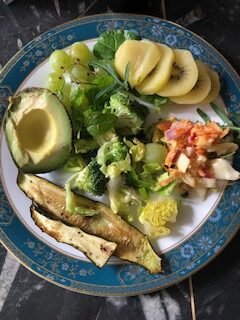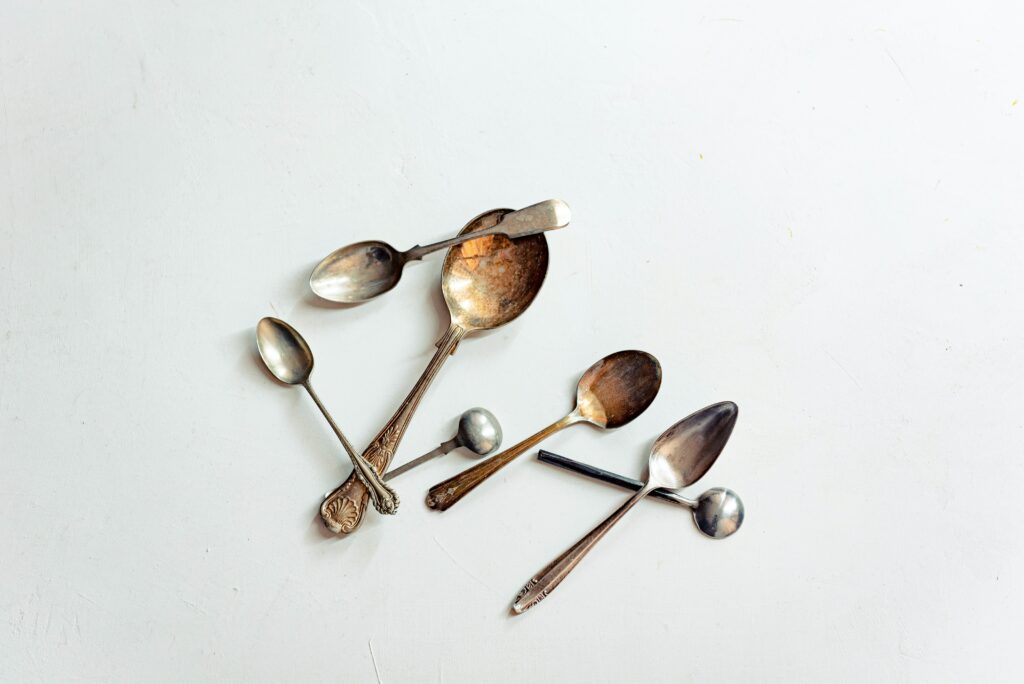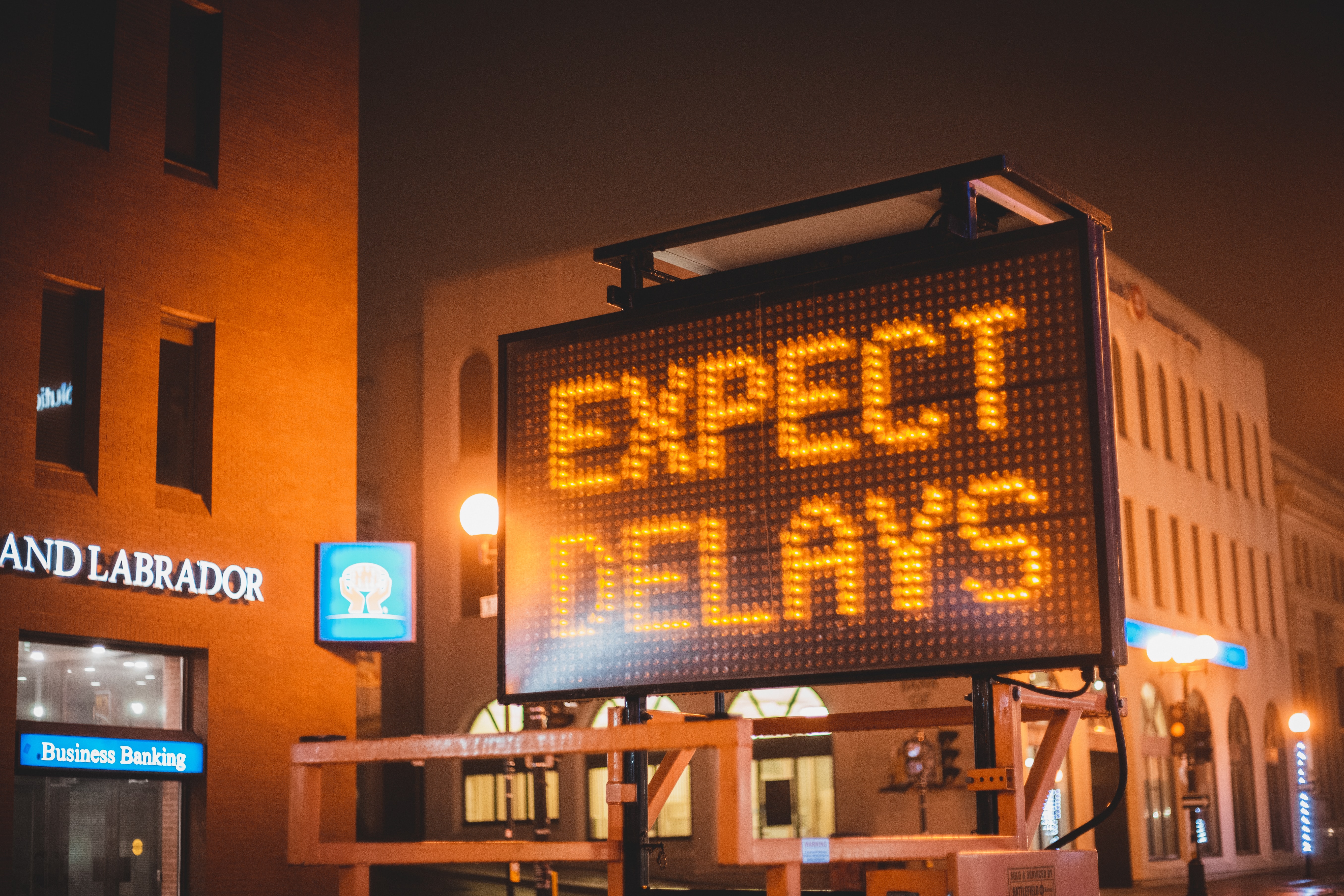At the beginning of this week, I ground to a halt. The endless activity and excitement of the last few weeks (months? years?) culminated in my lovely goddaughter’s wedding. The day was perfect, the bride beautiful and setting exquisite. We caught up with old friends, ate, drank and laughed.
I was sorry to be dragged away at 7pm by my husband who insisted it was time to go home and that only the two cups of coffee I’d drunk after dinner were keeping me upright. He was correct. We reached home just after eight and I quietly expired on the sofa.
My Covid jab the following day proved the coup de grace.
The big sleep
From here on out, with a few forays into the land of the living, I slept. And slept.

I exceeded all records on Monday when I went to bed at 9pm, got up at noon the next day and returned to bed at 7pm. This was not living. This was simply filling the gaps with nausea filled spaces of exhaustion. Something needed to be done.
Interestingly, in the brief moments when I could concentrate, we watched a wonderful Netflix documentary on How to Live to One Hundred. Though I have no desire to be a centenarian, I was intrigued to see how individuals living in fairly poor communities were able to maximise their lives even into advanced age.
Much of what I learned was not entirely new – but seeing these people enjoying full and happy lives on screen was. Sometimes I feel a hundred. It cheered me to think I might enjoy it also!
Just about managing
Since diagnosis, my life has been an ongoing experiment and I was pleased to see that much of what I was doing was right. However, it was not fool-proof or days like Tuesday would not occur. I was managing, but only just.
If you’d like to read an introduction to Dan Buettner’s research into ‘Blue Zones’ follow this link: https://www.bluezones.com/2016/11/power-9/ .
What follows incorporates some of his ideas in combination with my own.
Self-preservation
This is not one that appears on Buettner’s list and may seem suspiciously selfish. However, it is not putting oneself first in a way that is detrimental to others but rather putting oneself first in order to be helpful to others. If we run ourselves into the ground, even in service, we are no use to anyone.

For me that means allowing Hermione to be a bit bored occasionally; to take time to do things that replenish me; to avoid the suspicion that my only purpose is to please others. Tea can wait; dust can accumulate. No one will die.
Finding a purpose together
Everyone needs purpose in life and for most of us, that means doing something for others – either in the particular or the collective. Everyone who works and pays taxes contributes to the common weal.
But it is often the optional efforts that give us the greatest sense of fulfilment. We may volunteer at an organisation we respect or help someone with their shopping. What we do doesn’t matter. Acts of kindness are always rewarding. They are also boosted from the benefit of social interaction and especially with those of like mind.
Being among friends always lifts my spirits – even when I’m not at my best. Monday morning is my craft group and I crawled out of bed to host it. Everyone arrived full of news and chatter and my fog of exhaustion lifted a little. Jane had brought a project for everyone to do, so I determined to at least attempt it. By the end of the morning I had a great sense of achievement. I’d made my ‘pumpkins’ and could have a rest with the joy of having done at least something with my day.

Because being with those you care about, sharing a passion for an activity is vital for our well-being. And we need to do it in person.
Across the world there are epidemics of loneliness. We are all ‘connected’ but not engaging with one another. This breaks my heart. And whilst there are many who bemoan the statistics, it is up to us to act. We need to discover and support our ‘tribe’. If there seems to be no-one doing what you love, go out and find them. They are probably looking for you.
Down-time
All action all the time will leave you like me, stuck in bed and feeling sorry for yourself. Balance is key.
The good news is that it doesn’t have to be for long. A short power nap after lunch can do wonders for your concentration. Taking time for prayer or meditation brings us back to all that is truly important.
I was horrified to learn that a very successful and busy friend didn’t ‘have time’ for meditation. I suggested gazing out the window for a few minutes each hour to rest his eyes from the computer screen and give himself a well-earned break. Sadly, I doubt he does, such is the pressure always to perform.
Not taking time for rest invariably impacts our health. The time we spend in R&R simply reduces the time we spend in A&E.
Refuelling
In order to maximise our energy levels we need to eat well. The jury is definitely in that a mainly plant based diet is best for our health. I think that we all know this but are put off by the time required to prepare such foods from scratch. Many of us are not really sure how to cook, either. But there are ways to make life easier (and as someone who doesn’t have the energy to spend hours in the kitchen) these are vital.

Batch cooking is definitely the way to go whether you freeze the remainder or enjoy the next day, but fresh food can be prepared ahead too and kept quite happily for a day or two in the fridge. The colourful plate above took just minutes to assemble since the coleslaw was the last of a large bowl, the salad also, the baked courgette left-overs, which left me only to cut an avocado and peel and slice a kiwi. Such a meal fills you up without going overboard with calories. The perfect balance.
With plant-based cooking the latest fashion, it isn’t hard to find delicious and easy recipes. I’ll try to include some plant based inspiration in a future blog.
Keep moving!
Once you have your energy back, it is time to get moving. Buettner’s research made my day by suggesting natural movement is every bit as good as more obvious exercise like attending the gym. There is hope for me yet. Physical abilities and low energy levels severely restrict what I can do. That said, I think I may have found a solution. Poco a poco is what works for me.
Housework is a truly good workout, as is gardening. However, if I overdo it on either (we’re talking less than an hour here) I end up back on the sofa. So I am trying (and not always succeeding) into breaking tasks down into small units – just dusting one room, taking a break and doing another. It is painful being so slow, yet if I achieve multiple tasks in a day, I have the same result as a blast that exhausts me.
Ironically, not making life easy is the best thing for you: to walk rather than take the bus; to wash the dishes rather than use a machine. Simple and repetitive jobs give us the workout we need whilst achieving something worthwhile.
My fog of fatigue hasn’t completely lifted yet, but I’m getting there. I’m hoping that if I can follow my own advice, I will have a little in reserve for more challenging days.








